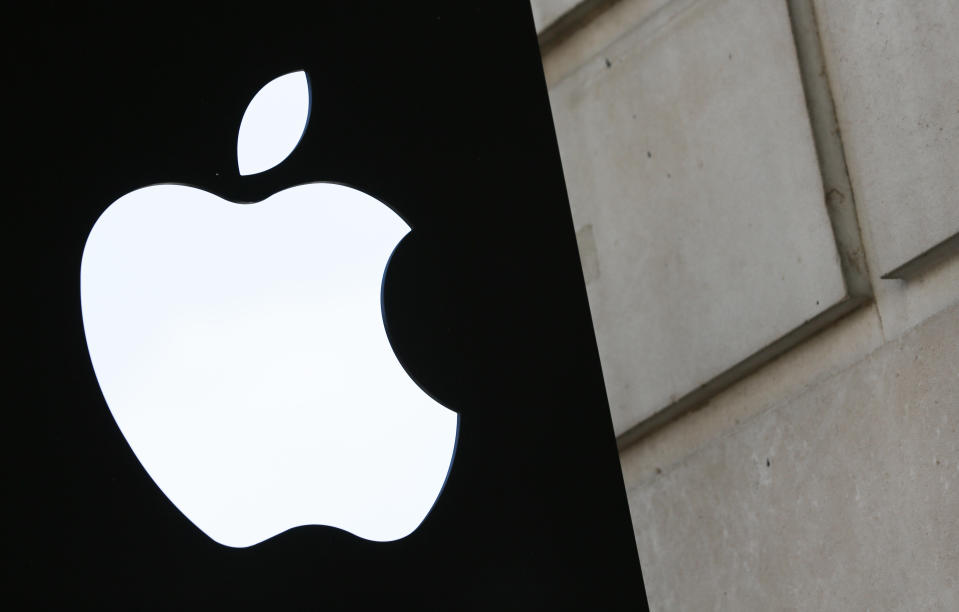Apple’s UK stores paid £6.2m in tax despite £1.4bn in sales

The UK retail arm of Apple (APPL) paid just £6.2m ($7.7m) in taxes last year despite raking in almost £1.4bn ($1.7bn) in sales, according to the company’s latest accounts.
Revenue at Apple Retail UK, which operates 38 of the company’s stores in the UK, rose by more than 15% in the 12 months to 28 September.
But after costs and expenses of around £1.35bn, the firm reported before-tax profits of just £37.2m, slashing its tax bill significantly.
In a statement describing itself as “the largest taxpayer in the world,” Apple said that it always paid the taxes that it owed.
“We are very proud of our many contributions across the UK and last year spent over £2bn with hundreds of suppliers. Our investment and innovation supports more than 325,000 jobs in the UK and, in addition to our tax contributions, we also think it’s important to do more for people and society,” the company said.
It pointed to its financial contributions and donation of face masks and shields in the UK during the coronavirus pandemic.
The filings come just days before the European Union’s top court is expected to rule on the iPhone maker’s appeal against a 2016 European Commission ruling, which determined that it had received €13bn in undue tax benefits from the Irish state.
They also come just a few weeks after the US signalled that it was pulling out of discussions on plans to prevent large multinational companies from avoiding taxes by shifting profits between countries.
Proposals being discussed at the Organisation for Economic Co-operation and Development (OECD) would allow countries to tax huge companies on actual sales within their territories, rather than on the profits booked in their accounts.
US Treasury secretary Steve Mnunchin told leaders in a June letter that the talks had stalled and that even an interim agreement was unlikely to pass muster, effectively collapsing the months-long negotiations.
The OECD has previously said that the current rules, which are around a century old, “are no longer sufficient to ensure a fair allocation of taxing rights in an increasingly globalised world.”
A global minimum tax proposal would not just impact technology companies, but rather many highly profitable firms, including car brands.
Many large companies pay taxes in lower tax jurisdictions on sales generated elsewhere.
Amazon and Facebook are two other tech giants that have been criticised for paying low taxes in the UK despite of billions in sales in the country.
In the absence of international agreement on these tax proposals, some countries — such as France, Italy, Spain, and the UK — have either implemented or proposed introducing their own measures.
Countries such as Ireland, whose tax laws have been under scrutiny for years, stand to lose from the proposals.
Ireland is home to the European headquarters of major technology companies like Facebook and Apple, but the country’s low 12.5% corporate tax rate has frustrated other countries. Many giants in the country pay effective tax rates that are even lower.
Larger countries, such as the US, China, and the UK would benefit from the new OECD framework if agreement could be reached.

 Yahoo Finance
Yahoo Finance 
